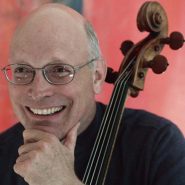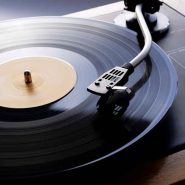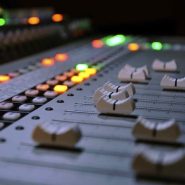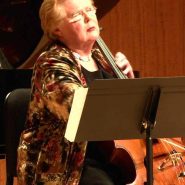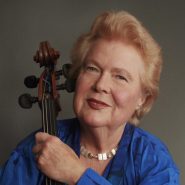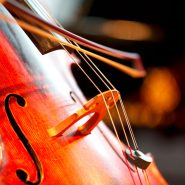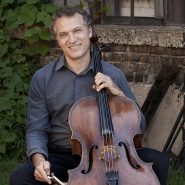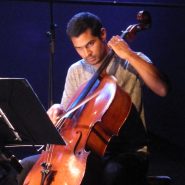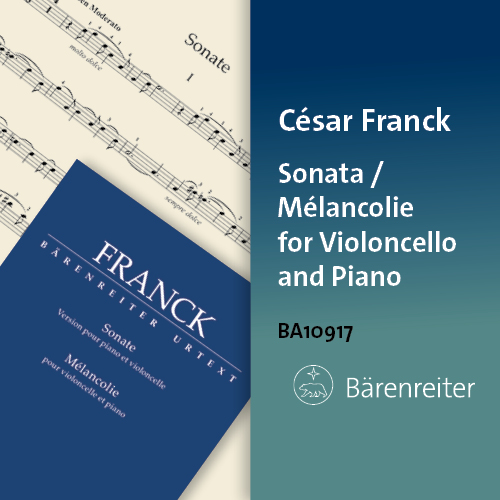Tag: Sound
By Aron Zelkowicz November 12, 2013
Subjects Interviews, Repertoire
Tags Aron, audience, Benjamin Britten, Britten, Britten Cello Suites, cello, cello suites, cellobello, complete suites, discoveries, discovery, editorial markings, fingerings, inflection, interview with Steven Doane, movements, performance, perspective, phrasing, recital, recitals, recordings, Sound, Steven Doane, Suites, Zelkowicz
By Jonathan Pegis December 11, 2012
Subjects Orchestra, Repertoire
Tags attention to detail, Beethoven, Beethoven Symphonies, Beethoven's 5th Symphony, bow control, bow technique, cello, cello excerpt, cellobello, continuous vibrato, details, dynamics, Excerpts, intonation, Jonathan, legato, melody, musicality, Pegis, phrasing, practice tips, Preparation, Rhythm, shifting, singing, Sound, sound production, technical challenges, tempo, vibrato
By Selma Gokcen July 15, 2012
Subjects Playing Healthy
By Yeesun Kim June 6, 2011
Subjects Artistic Vision
By Jeffrey Zeigler May 29, 2011
Subjects Technology
By Bonnie Hampton May 23, 2011
Subjects Artistic Vision
Tags Bonnie, bow speed, cello, cellobello, clarity, concert halls, expression, Habits, Hampton, imagination, individual voice, individuality, muscles, musicians, overtones, patience, performance, Sound, support, Teaching, tension, tone, vibrato
By Bonnie Hampton May 4, 2011
Subjects Artistic Vision
Tags Bonnie, cello, cellobello, character, clarity, communication, Coordination, discussion, Experience, exploration, expression, Hampton, hands, improvement, individual voice, individuality, Listening, music, musicianship, passion, personality, possibilities, searching, Sound, Teaching, vibrato, virtuosity
By Alisa Weilerstein April 22, 2011
Subjects Artistic Vision, Travel
By Brant Taylor April 7, 2011
Subjects Artistic Vision
Tags activities, Airplanes, assumptions, audiences, bows, Brant, culture, ensembles, focus, interactions, jazz, opportunity, passion, perspective, Sound, Taylor, Travel, youth
By Brandon Vamos March 14, 2011
Subjects Practicing
By Jeffrey Zeigler December 1, 2010
Subjects Technology
